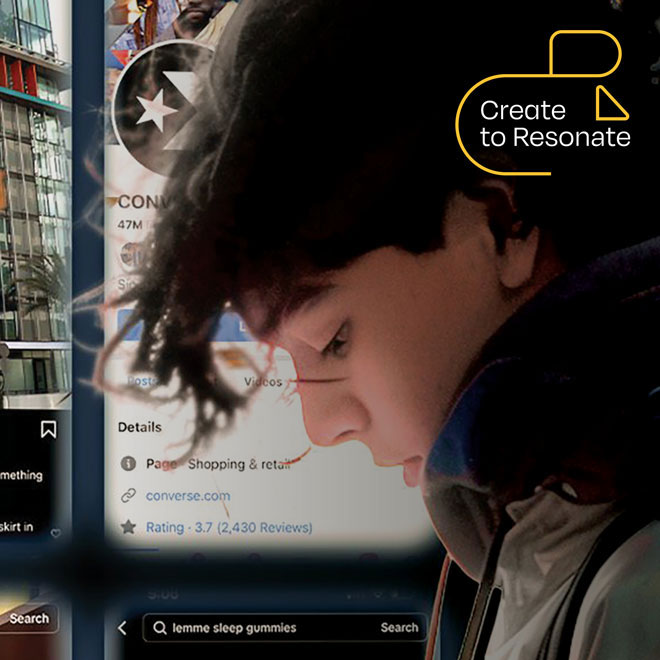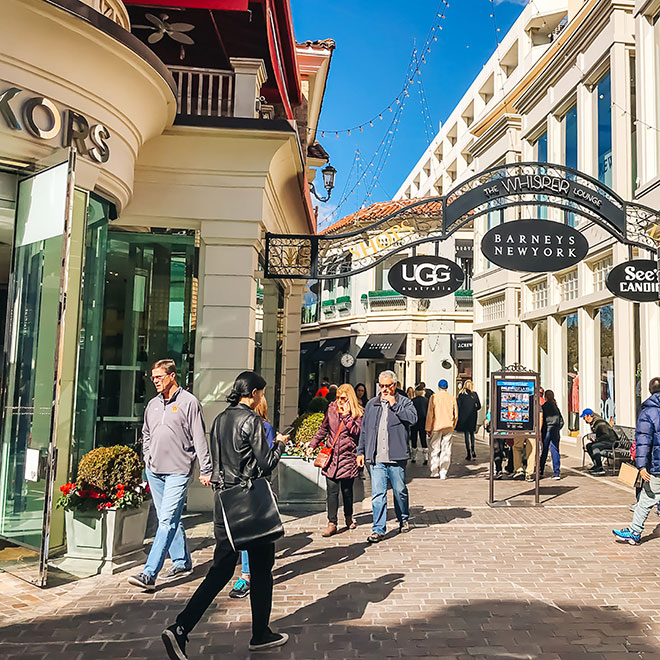
Elevating Retail with Service-Centric Research
Estimated Read Time: 3 Minutes
Shopping in store is more than a transaction—it's an experience that can transform everyday errands into meaningful moments. At the heart of this experience is customer service, which plays a critical role in shaping how shoppers perceive and interact with a brand. That said, great service is the key to turning one-time shoppers into loyal customers, providing the human touch that defines a standout retail experience.
The Secret Shop
But how do you know if your service experience meets customer expectations? While traditional metrics like NPS, CSAT, and CES offer broad insights, secret shop assessments dive deeper, evaluating the entire service journey from a customer’s perspective. This approach allows brands to experience their store just as a customer would, pinpointing both strengths and opportunities for improvement.
Secret shop assessments go beyond just observing—they provide an immersive perspective that traditional research methods can’t always capture. By simulating real-life shopping scenarios, these assessments offer a firsthand look at how associates engage with customers, identifying gaps in service, product knowledge, and overall associate interaction sentiments. Secret shops deliver actionable insights, transforming observations into strategic enhancements that elevate the in-store experience.
Key Areas of Service Evaluation
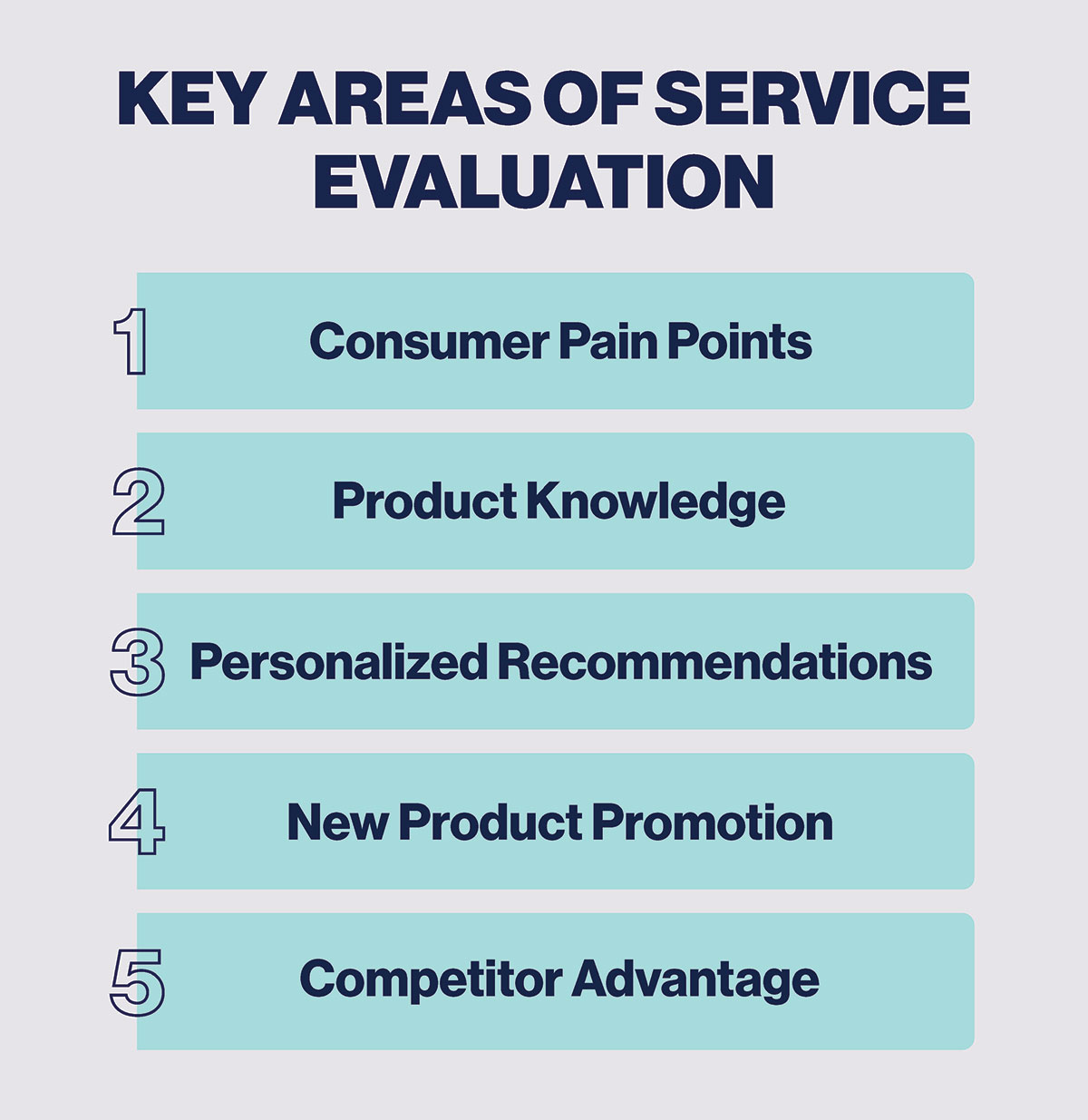
There are 5 areas that secret shops can help evaluate:
Consumer Pain Points
Are there moments in the customer journey where service is crucial but lacking? For example, do customers receive timely assistance in the fitting room, or is there a gap in service when picking up an item ordered online, or simply making a return?Product Knowledge
Are associates familiar with the products they’re selling? Beyond just knowing a product name, do they understand its features, benefits, and how it compares to other products?Personalized Recommendations
Are associates taking the time to understand individual customer needs and providing tailored suggestions that enhance the product selection process? Are recommendations made of personal bias and use preference?New Product Promotion
How are associates introducing new products to customers? Can they identify customer needs that align with the product and are they highlighting its key selling points?Competitor Advantage
Do you know if associates are recommending your products over competitors? If they’re recommending alongside competitive products, how are they speaking about other brands in comparison and what’s the point of differentiation?
The Benefits of Secret Shop Assessments
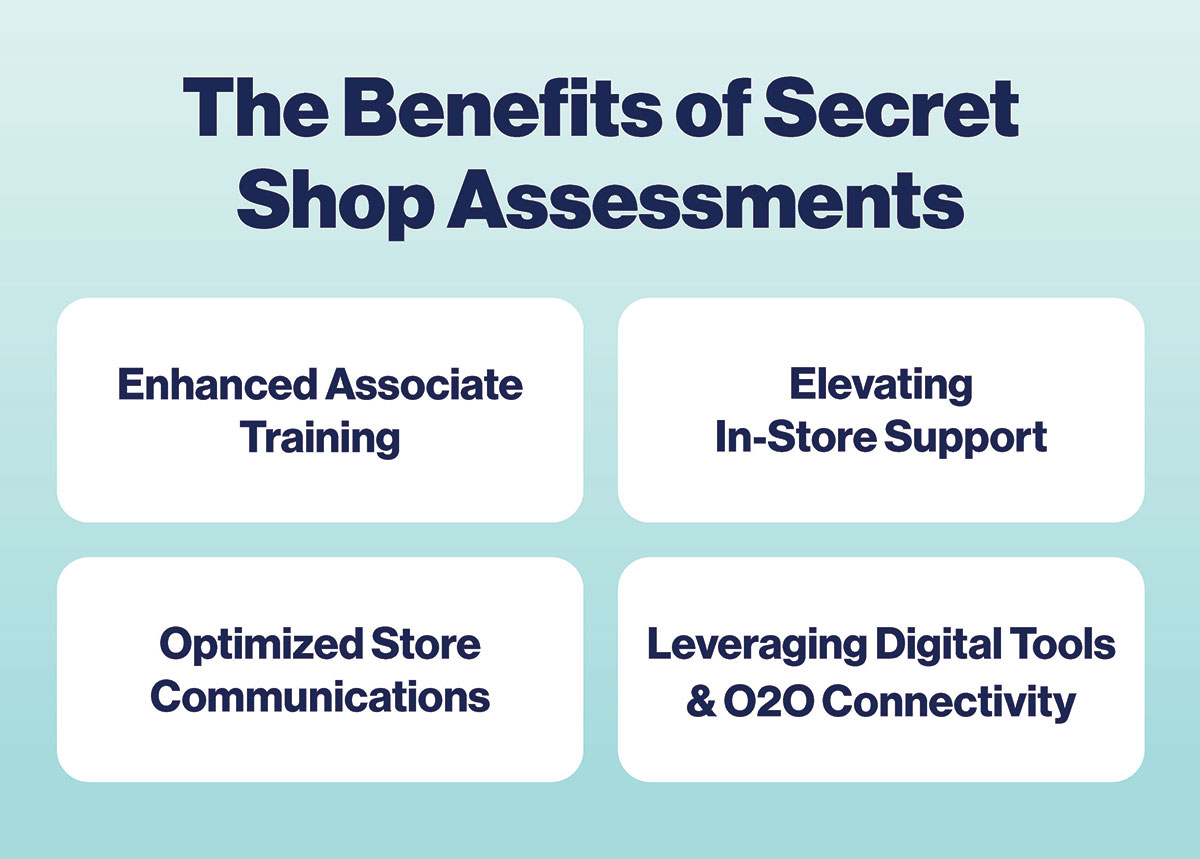
Secret shop assessments provide a deeper understanding of customer service, empowering your team to deliver exceptional in-store support, refine training, and enhance communication strategies for a seamless shopping experience.
Enhanced Associate Training
Insights gained from secret shop evaluations can highlight areas where additional associate training is needed, whether it’s in product knowledge, customer interaction, or promotional strategies. This ensures that team members are equipped to provide the best possible service.Elevating In-Store Support
Beyond evaluating associate service, secret shop evaluations present opportunities for understanding how the store environment can better support customers and more specifically where.Optimized Store Communications
Secret shop assessments can also evaluate the effectiveness of in-store promotional and communication materials. Are they being used to their full potential? Are there opportunities to enhance their impact? Understanding these factors can help brands and retailers refine their marketing strategies and better support customers.Leveraging Digital Tools & O2O Connectivity
In some cases, associates may not always be available to assist customers, particularly during peak shopping times. Secret shop evaluations can identify where digital tools—such as shelf signage, digital communications, or interactive product displays—could be implemented to bridge the gap and provide customers with information they need to make informed purchase decisions.
By focusing on service-centric research along with broader customer experience assessments, brands and retailers can ensure a more holistic CX strategy. Secret shop assessments not only illuminate areas for immediate improvement but also empower teams to anticipate and adapt to evolving customer needs. They serve as a proactive approach to refining the customer journey, setting the stage for deeper connections and stronger brand loyalty. As retail continues to evolve, the insights gained from these assessments can be pivotal in driving innovation and maintaining a competitive edge, ultimately transforming every interaction into an opportunity to delight and exceed customer expectations.
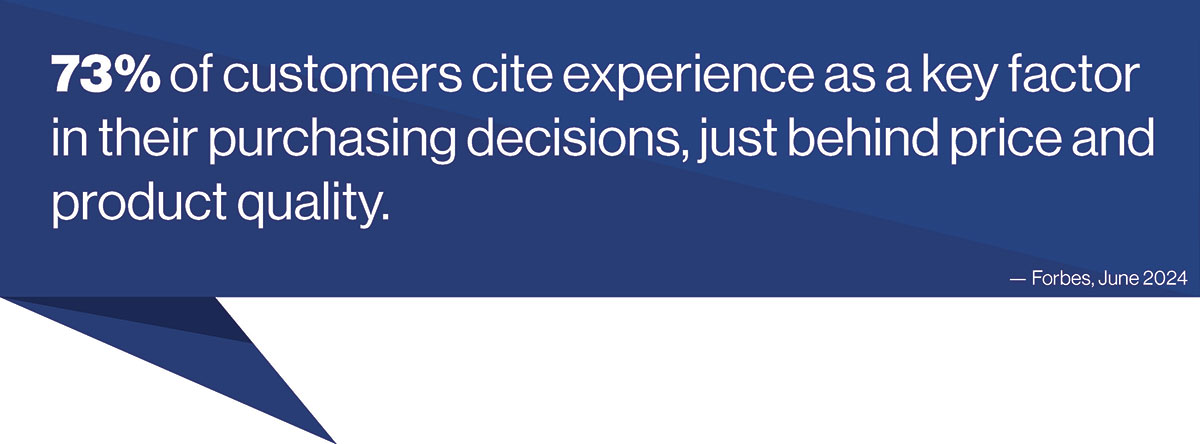

 Jody Wasbro
Jody Wasbro Gretchen Ardizzone
Gretchen Ardizzone

